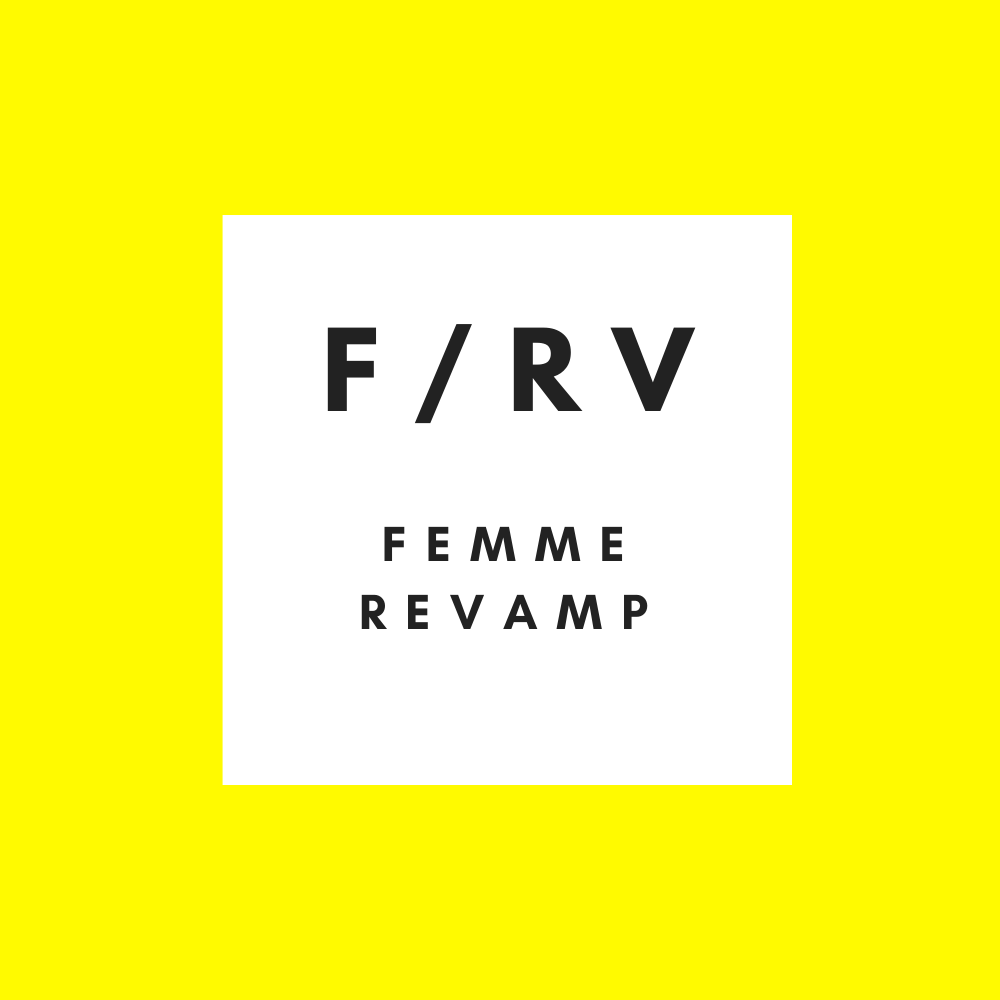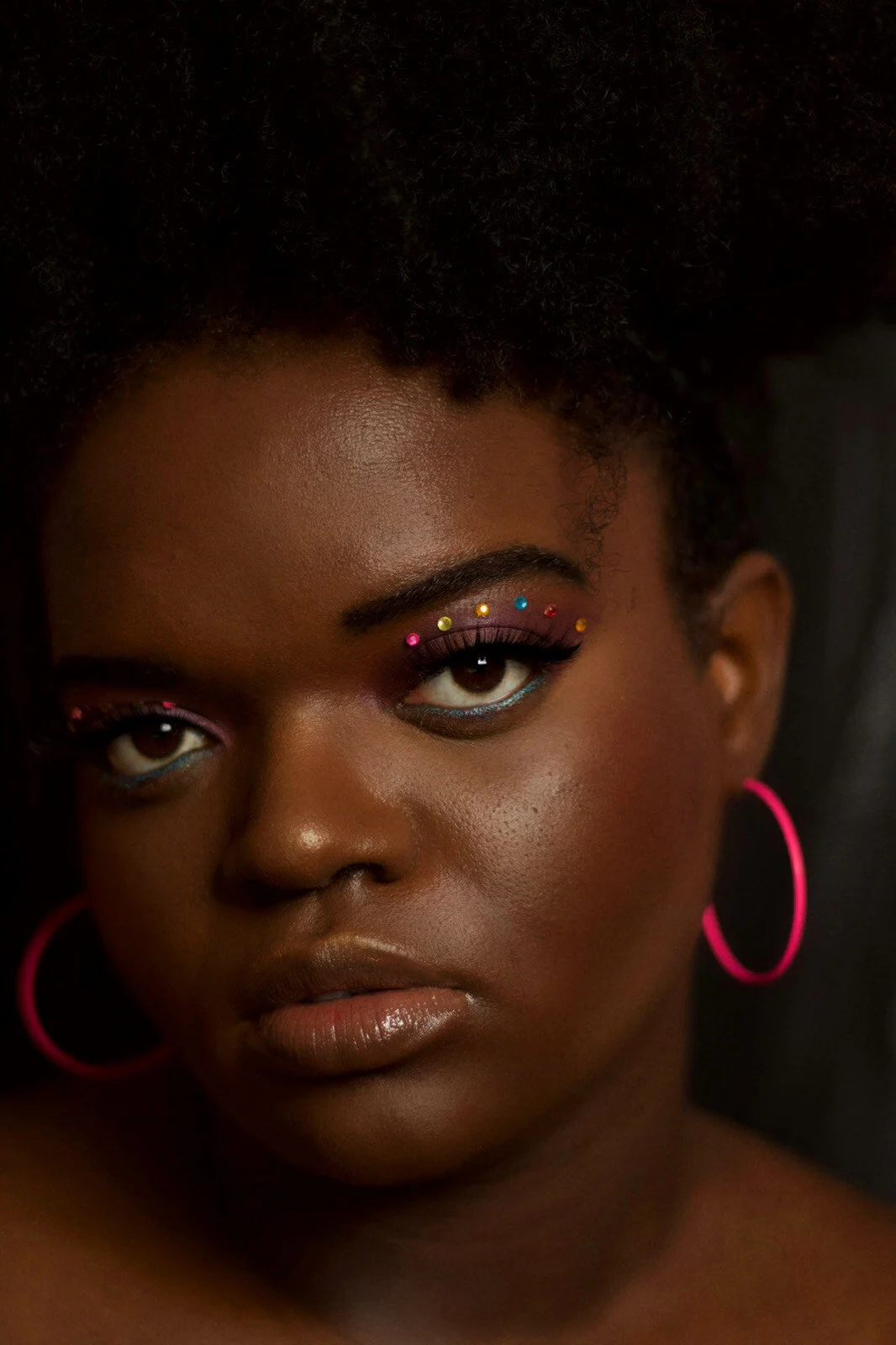Raven
I am a Photographer and Beauty Blogger based out of Wilmington, DE.
RavenOnRebel was founded in 2017 as a way to showcase portraits captured on my Canon Rebel t5i. Since then it has developed into a 'rebel' lifestyle, but especially rebelling against the beauty standard.
Growing up, I didn’t see many campaigns with women who looked like me so I decided to create my own.
Interview: Raven of RavenOnRebel
By Angela Tai
What inspired you to launch RavenOnRebel?
I received a camera from my sister as a gift when I graduated college, the photos weren’t high quality or anything but I had this desire to create. I realized that I could be the brand and ultimately become an influencer; I didn’t need permission. I’m a photographer with an obsession with makeup so I wanted to become a social media influencer and empower others in any way that I could.
Certainly a lot has transpired since you first launched RavenOnRebel. First with the outbreak of COVID-19 and shortly the fight for equality, anti-racism & police brutality. As a black woman in the LGBTQIA+ community, how are you thinking about content creation now?
It’s hard because this injustice has been in my life for 25 years. Being queer, black and a woman is a triple threat and I’m very transparent with my followers. I deal with this stuff everyday. There are lots of racial discrimination in influencer marketing. I gravitate towards self-portraits because I didn’t see people like myself in the media; I wanted to create these beauty campaigns starring myself. With my work as an influencer, life has to continue and brands will always want you to post. However, there’s so much going on in the world and we’re talking about our favorite lipstick - we can’t ignore it but instead we have to find a way to incorporate both.
So much of your messaging is about feeling and looking your best. What's your definition of beauty?
I was bullied when I was younger and it ruined my self-confidence for many years. I hated my appearance and was insecure about being dark-skinned. It wasn’t until college when I started to gain more confidence because I realized (in our society) it was marketing that drove the definition of beauty. That’s why I never considered myself as beautiful. True beauty comes from within, once you start telling yourself that you are beautiful, the way you carry yourself will naturally improve.
What advice do you have for women who want to use social media for the greater good of society but don't know where to start?
It’s important to know where the information is coming from, tons of people reshare things but it’s important to post with a purpose. We have to spread awareness purposefully so that everyone who sees it wants to do it for the greater good. This goes back to everyone posting the black square for the ‘Black Lives Matter’ movement, it’s a nice gesture but I’m not sure everyone posted that with a purpose. In the end it was basically performative.
Purchasing power is especially important right now. What are some of the brands you want to shed light on?
We need to hire more black people, we live in a capitalistic society and the best way to do this is to show your financial support. Mented Cosmetics and Uoma have done an amazing job of including black women in their social media feeds.
How do you want educators and parents to address racism?
When I was 5 years old, I went to an all white private school and the kids told me that they don’t play with N words. That is one of my earliest memories of racism. My mother had to sit me down and explain to me what the word meant. Some young kids say hurtful things and they need to be taught from an early age that racism is not okay.
What are some of the trends you're following now?
I love TikTok, the app has a lot of black content creators; I like how transparent they are when people call them out for something. I actually had a post go viral and TikTok pushed out my work to a large audience. Also, it’s just so much fun!
What do you want to see changed in the next 5 years?
Oh, so much! So much change. I want inclusivity to no longer be a buzzword. I want inclusivity to be something that we already see; we should expect other individuals to hire a diverse workforce instead of other people talking about how they’re striving to be more diverse. Also, I want justice for everybody, we’re asking for the bare minimum here (laugh).

